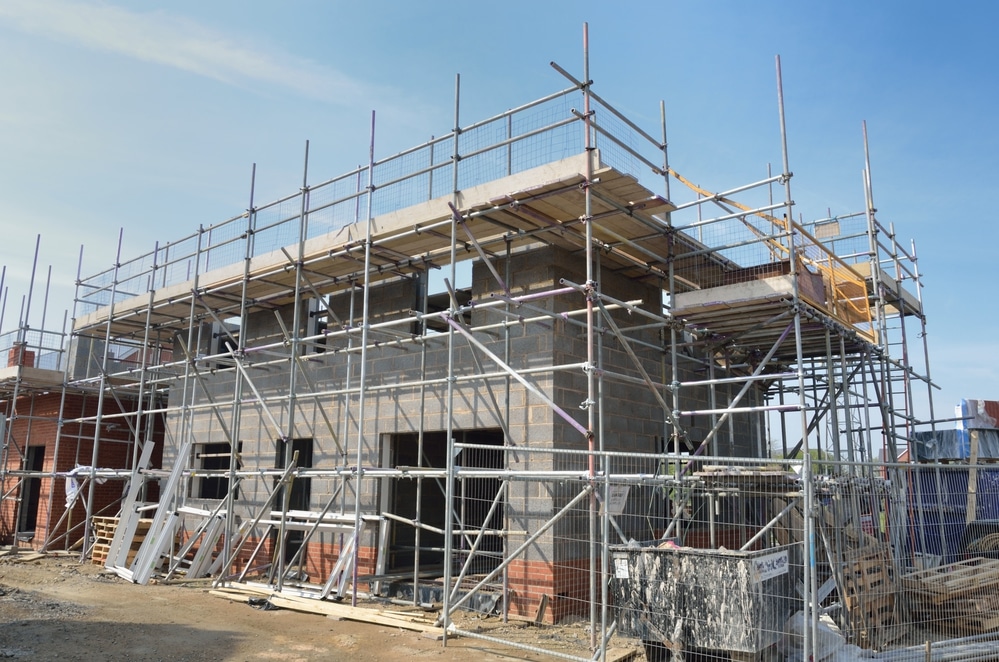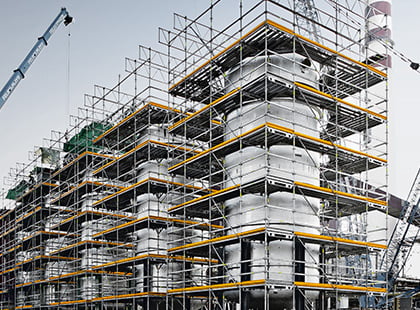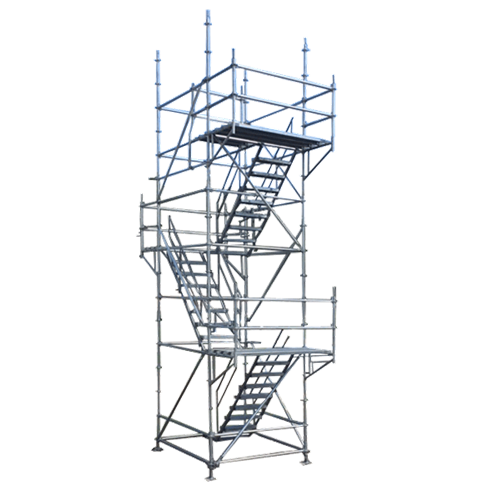Scaffolding Guildford: The Best Option for Your Building and Renovation Projects
Scaffolding Guildford: The Best Option for Your Building and Renovation Projects
Blog Article
Exploring the Numerous Kinds Of Scaffolding Utilized in Construction Projects
The construction industry depends greatly on different sorts of scaffolding to fulfill particular task needs, each offering distinctive benefits and applications. Typical structure scaffolding gives a durable structure for basic jobs, while put on hold scaffolding is vital for work on skyscraper frameworks. Various other options, such as system and rolling scaffolding, satisfy effectiveness and flexibility, respectively. Furthermore, the cantilever variant verifies indispensable in metropolitan environments where area is constrained. Understanding the nuances of these scaffolding types is essential for maximizing safety and security and performance on construction websites, triggering a better exam of their special features and applications.

Typical Frame Scaffolding
Traditional framework scaffolding is among one of the most commonly utilized approaches in the construction industry as a result of its robustness and adaptability. This system is composed of straight and vertical frames that are set up to produce a steady system for workers and materials. The main components consist of upright articles, straight ledgers, and diagonal dental braces, which together give a strong structure that can sustain substantial tons.
Among the crucial advantages of standard framework scaffolding is its adaptability to numerous building projects, varying from property buildings to big commercial frameworks. The modular style permits simple setting up and disassembly, making it effective for both short-term and lasting tasks. In addition, the system can be customized in height and size, accommodating different structure designs and site problems.
Security is paramount in scaffolding applications, and standard frame systems are outfitted with guardrails and toe boards to stop drops and ensure employee protection. Regular assessments and adherence to safety and security regulations are important in preserving the integrity of the scaffold (Scaffolding). Generally, typical structure scaffolding stays a fundamental choice in the building market, supplying a trustworthy system for labor and boosting total project effectiveness

Suspended Scaffolding
Suspended scaffolding offers an unique service for construction tasks that need access to elevated surface areas, especially in situations where traditional frame scaffolding might be unwise. This kind of scaffolding is typically suspended from the roof or top levels of a structure, making use of a system of sheaves, ropes, and platforms to develop a working space that can be gotten used to various elevations.
One of the key benefits of suspended scaffolding is its adaptability. It can be quickly rearranged or reduced to suit modifications in construction demands, making it perfect for jobs such as window setup, façade work, and maintenance on skyscraper buildings. In addition, the very little impact of suspended scaffolding permits for better use of ground area in city atmospheres, where room is often minimal.
Safety and security is a crucial factor to consider in the usage of put on hold scaffolding. On the whole, put on hold scaffolding provides a effective and efficient option for accessing hard-to-reach locations in numerous building and construction situations, boosting both performance and safety and more tips here security on website.
System Scaffolding
System scaffolding, usually concerned as a contemporary service in the scaffolding market, consists of pre-engineered elements that can be rapidly put together and adapted for different construction projects. Scaffolding. This kind of scaffolding is identified by its modular design, which enables convenience and efficiency on work websites, accommodating structural needs and different heights
Normally made from high-strength steel or light weight aluminum, system scaffolding provides enhanced longevity and stability. The elements include upright messages, horizontal ledgers, and diagonal dental braces, which interconnect safely, making sure a robust structure. The style usually integrates standard installations, simplifying assembly and disassembly processes, therefore decreasing labor time and costs.

Rolling Scaffolding
Rolling scaffolding is a versatile alternative to conventional fixed scaffolding, developed find more info for mobility and convenience of usage on building and construction sites. This kind of scaffolding is composed of a system supported by structures with wheels, allowing employees to quickly move it as required. The mobility feature substantially improves productivity, as it decreases downtime linked with dismantling and putting together taken care of scaffolding.
Usually constructed from light-weight materials such as aluminum or steel, rolling scaffolding supplies a tough yet mobile option for projects calling for constant repositioning - Scaffolding. It is especially beneficial in jobs such as paint, drywall setup, and electrical work, where accessibility to different heights and locations is required
Safety and security is vital in rolling scaffolding style, with features such as securing wheels to avoid unintentional movement when being used, and guardrails to safeguard employees from falls. In addition, several designs are flexible in height, accommodating various job needs.
Cantilever Scaffolding

The layout of cantilever scaffolding typically involves making use of arms or brackets secured to a structure or framework, making it possible for the platform to extend outward safely. Safety is paramount; hence, these scaffolds have to be engineered to stand up to different loads and ecological problems. Normal examination and upkeep are vital to make certain architectural stability and employee safety and security.
Cantilever scaffolding is preferred for its convenience and effective use area, making it a popular selection in metropolitan environments where space restrictions prevail. Moreover, it promotes easier accessibility to high altitudes, ultimately adding to the general effectiveness of building projects. As with all scaffolding types, correct training and adherence to safety and security standards are crucial for employees utilizing cantilever scaffolding.
Final Thought
Traditional frame scaffolding offers stability, while put on hold scaffolding offers flexibility for elevated tasks. System scaffolding helps with fast assembly, and rolling scaffolding enhances mobility for varying work atmospheres.
Typical structure scaffolding gives a tough structure for basic jobs, while suspended scaffolding is vital for job on high-rise structures.Moving scaffolding is a functional choice to traditional fixed scaffolding, designed for mobility and convenience of usage on building and construction sites. As with all scaffolding kinds, appropriate training and adherence to security criteria are critical for employees making use of cantilever scaffolding.
Standard frame scaffolding offers stability, while put on hold scaffolding uses adaptability for raised jobs. System scaffolding helps with quick setting up, and rolling scaffolding improves mobility for differing work environments.
Report this page